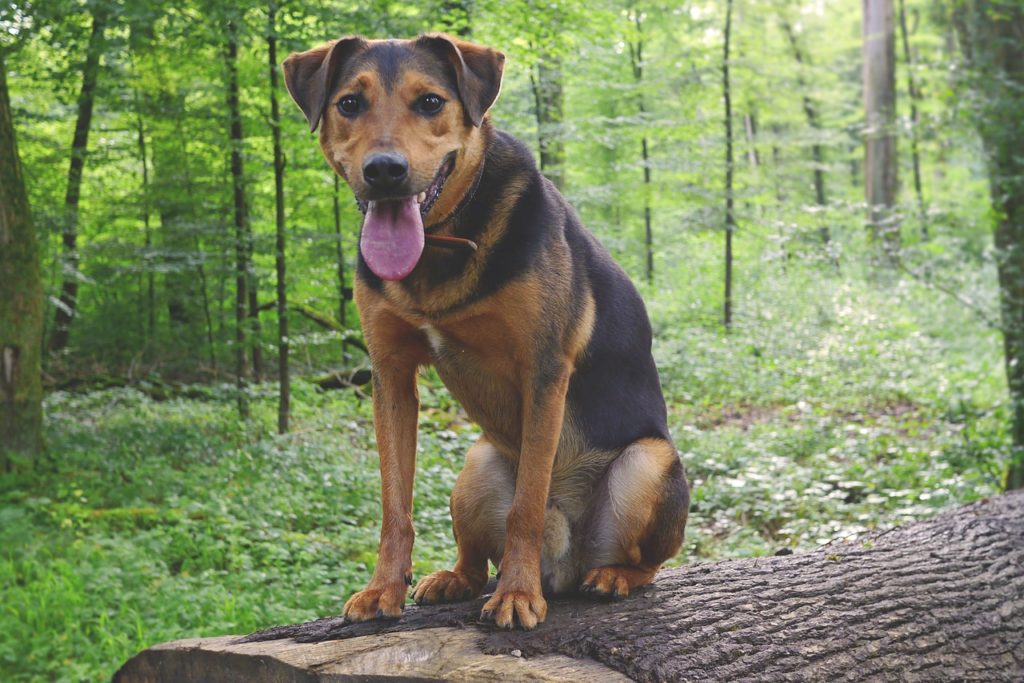A big dog is generally any dog that, as an adult, is over 50 lbs, and a giant dog over 100 lbs.
When I was investigating dog breeds and decided I wanted a giant breed of dog, I saw the words, “big dog” and “responsibility” repeatedly in my readings. 16 years after I got my first giant dog, a Newfoundland, those words come back to me nearly every day I care for these giant “teddy bears.”

Yes, they are wonderful to have around. Big dogs are impressive, their size alone is protection, and they are great fun to play with. But keep in mind that everything about a big dog is big.
A big dog’s veterinary care is more expensive – including spays and neuters or other surgeries (more anesthesia is required).
Since most canine medications are dosed by weight, medication expenses, including heartworm preventives and flea/tick control meds are pricier.
Food and treat costs are higher for a big dog
If a big dog has an accident in the house or throws up, it takes at least one whole roll of paper towels to clean.
The destructive power of big dogs is legendary. Case in point: Recently, my year and a half-year-old Newf, Rudder, destroyed my prescription glasses in a matter of seconds!
Big dogs bark loudly, which can cause problems with neighbors – even down the block!
Training problems are always bigger with big dogs: You can’t just pick up a big dog to carry them away from danger or mischief.
As you can see, a big dog is a big responsibility, not only monetarily, but for many things. That said, if you are ready for a big dog in your life and have thought it through, there really are big rewards in having a big dog. Big dog bonuses include big love, big tail wags (watch for flying side table knick-knacks!), and big pride when you walk down the street with your properly trained big dog.
